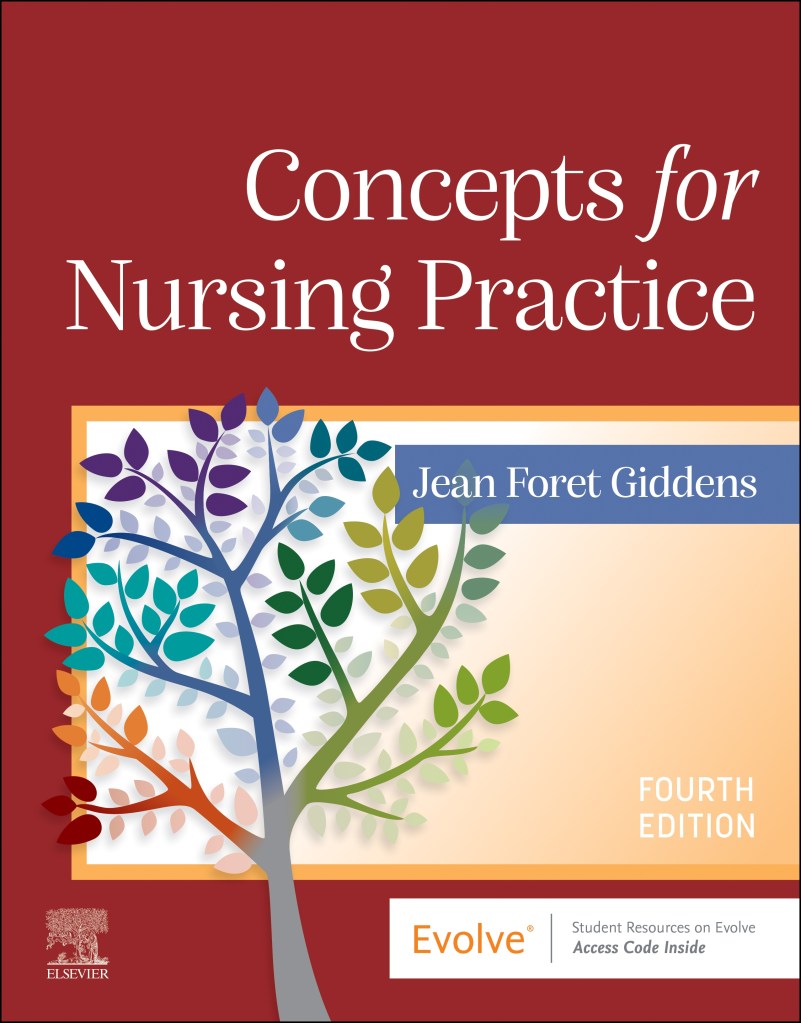By Jada Edwards
One of the most valuable lessons I learned during my time as a nursing student was not something I picked up from a textbook or from a lab. It was the art of time management. Nursing school is a whirlwind of lectures, clinicals, exams, and personal responsibilities. At first, I felt like I was constantly trying to catch up and juggle assignments and study sessions while staying sane. But once I developed a consistent and practical approach to managing my time, everything started to shift—for the better.
Time management is one of the most underrated skills in nursing school, yet it is the foundation for academic success, reduced stress, and a more balanced life. When I began organizing my schedule intentionally, using both digital planners and physical calendars, I was able to visualize my weeks more clearly. I blocked out time for classes, study sessions, and clinical prep, but I also made sure to reserve time for self-care, sleep, and family. Nursing school can be overwhelming, but breaking my responsibilities into manageable chunks makes everything feel more achievable.
A considerable part of this success was thanks to tools that supported my learning outside the classroom. One resource I cannot recommend enough is Elsevier’s practice questions that they offer at the end of each chapter and can be found on the ebook version at the end of each chapter. What made it especially valuable was how it included practice questions with rationales. I used the questions to prepare for my upcoming exams, and to my surprise, a few of them would appear on my exams. The rationales helped me think like a nurse, not just memorize facts.
Beyond test prep, Elsevier also offers platforms like Evolve that provide interactive content, case studies, and study guides that bring lectures to life. I particularly enjoyed using the textbook Concepts for Nursing Practice. This book helped with the list difficult subjects as these subjects can be dense and intimidating, but the visual learning tools and quizzes make the material stick better. I reinforced what I learned in class and applied it during clinical, which made me feel more competent and prepared. This book helped with the list difficult subjects as these subjects can be dense and intimidating, but the visual learning tools and quizzes make the material stick better. I reinforced what I learned in class and applied it during clinical, which made me feel more competent and prepared.
For any student entering the health professions, whether you are studying nursing, respiratory therapy, or any other allied health field, I encourage you to take time management seriously. Set realistic goals, create a weekly study plan, and remember to include rest and downtime. It is also essential to find the learning resources that work best for you. Not every book or platform fits every learner, but if you are a visual or hands-on learner like me, Elsevier’s resources can make a world of difference.
Finally, do not be afraid to ask for help and build a support network. Whether it is study groups, professors, or even friendly classmates, having a team around you makes the journey less lonely. Remember, you are not just learning facts—you are becoming a healthcare professional. And that transformation takes time, patience, and support. Stay positive, stay organized, and know that with the right mindset and tools, you can thrive in any health program.


